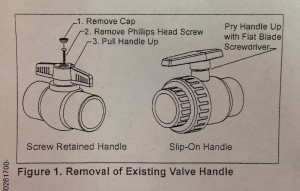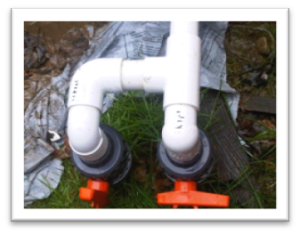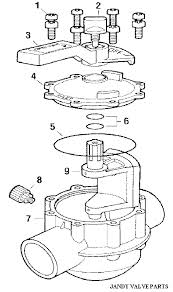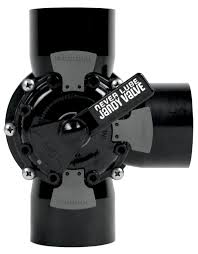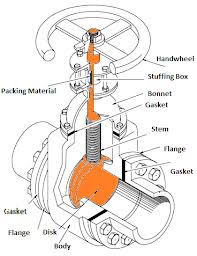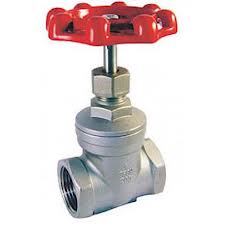There are many different types of pool valves. Three of the most common ones are ball valves, combination valves, and gate valves. Pools have different types of valves depending on who built them, what year they were built, and the style of pool.
Ball valves are a fairly common type of pool valve used on pool plumbing. They are rarely inexpensive to buy and they are simple to use. They are a good replacement valve for the old style brass gate valves.
Ball valves do have one main disadvantage: they are not serviceable. Once they are inserted, they cannot be opened up to make repairs or to clear clogs. The handles of ball valves are known to break easily, and they can be difficult to turn.
The advantage of ball valves is their cost compared to other options. They also tend to be easier to understand for novice pool operators than the usual three way valve.
Combination valves are the most common variety of valve found on pool plumbing. These are also sometimes found under the brand name ‘Jandy Valves’. These are more expensive than ball valves, but seem to be worth every penny. They are easier to use than other types of pool valves and most newer models require no lubrication- that will save you time and maintenance.
One key benefit to combination valves is their removable lid. This makes them serviceable, in case of a clog or breakage of internal parts. Their 3 way design allows for plumbing flexibility and simplicity. They are also available in a simple 2 way design.
Gate valves are very similar in appearance and function to your garden hose spigot outside. These type of valves are not very common on new installations, but were the most popular valve used over thirty years ago.
These valves are known to leak air and/or water. You can repack the valve simply by using plumbers tape if the valve is leaking air or water from under the nut. You may want to replace these valves with something of a plastic variety if they leak or the handle continuously spins.
Questions about valves? Contact Ask the Pool Guy!

